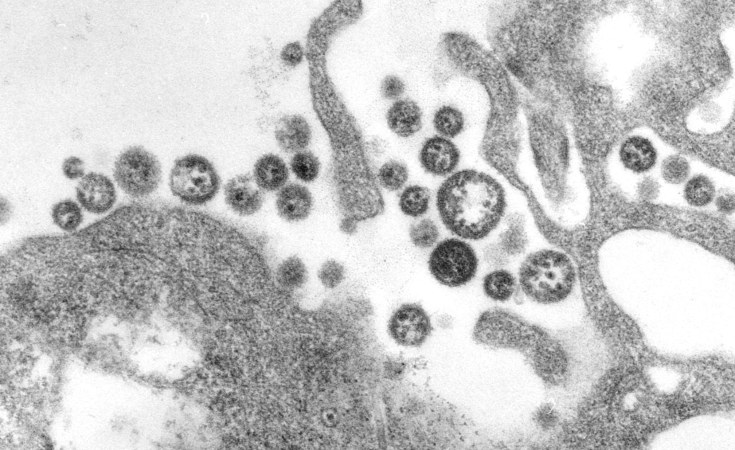Ghana has recorded a total of 27 cases of Lassa Fever following the confirmation of two cases in the Greater Accra Region on February 24, 2023, with one person dying from the disease.
A statement signed by the Director General of the Ghana Health Service (GHS), Dr Patrick Kuma-Aboagye, said the confirmation follows the lapse of the maximum follow-up period of 42 days which is in line with the World Health Organisation (WHO) recommendation since the last confirmed case of Lassa Fever discharged on March 10, 2023.
It said the first case was a female trader resident in Accra who was referred to Korle-Bu Teaching Hospital (KBTH) with difficulty in breathing and general rashes. She also passed bloody stools on admission and died within five hours.
The second case was a female healthcare worker who was a contact of the first case. She was managed and discharged at the Ghana Infectious Disease Centre (GIDC). The last confirmed case was also managed at the GIDC and discharged on March 10, 2023, it added.
The statement said following the declaration of the outbreak, the National Public Health Emergency Operations Centre (PHEOC) was activated to coordinate the response activities and to provide direction.
"The Greater Accra Regional and District Public Health Emergency Management Committees (PHEMCs) were also activated to coordinate the response at the regional and district level," it added.
The statement entreats the public to reduce the risk of disease spread from wildlife to humans by avoiding contact with wildlife, especially rats and also "Store leftover foods appropriately to prevent rats from coming into contact with them, improve cleanliness in homes and especially our kitchens, avoid direct or close contact with persons who are suspected of having Lassa Fever or any other infectious disease."
It further called on the public to undertake regular hand washing after visiting patients in health facilities, before eating and after using the toilet to avoid infections.
"We urge all health workers to apply strictly the universal infection prevention and control measures at all times, including wearing gloves and other appropriate personal protective equipment when taking care of patients," it said.
The statement also indicated that the GHS would work with local government authorities and the Wildlife Division to depopulate rats in the marketplaces to avoid any re-occurrence of Lassa Fever outbreaks.
"We wish to reassure the public that the Government of Ghana and Development Partners through the Ministry of Health (MoH), are supporting the Ghana Health Service and other MoH agencies in building a resilient health system to withstand all future outbreaks.
"We, however, appeal to the public to report to the nearest health facility on time for proper medical attention whenever they feel unwell," it added.


